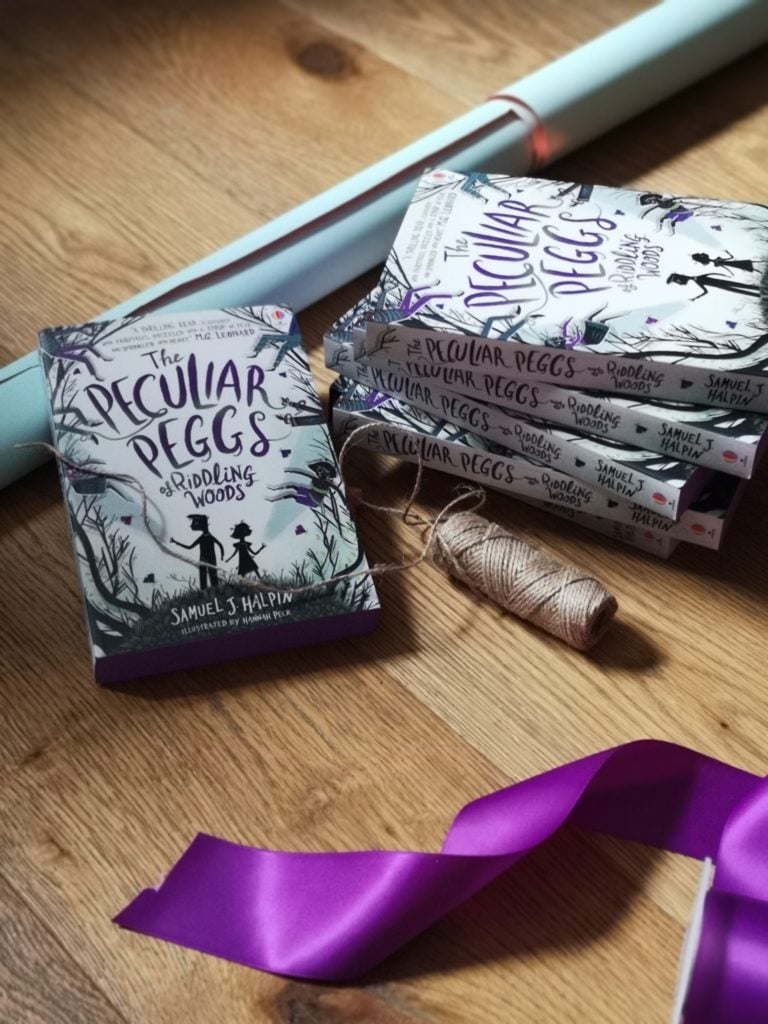Samuel J. Halpin is the author of the wonderfully spooky, dark, exciting and touching new story The Peculiar Peggs of Riddling Woods.
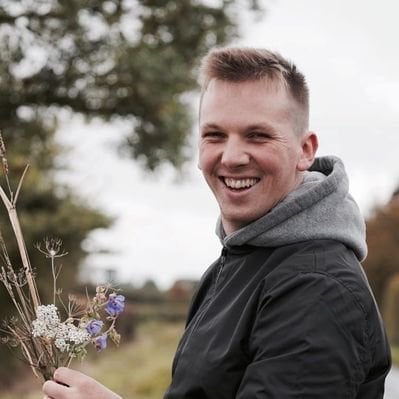
Without giving too much away, can you tell us a bit more about The Peculiar Peggs of Riddling Woods?
The Peculiar Peggs of Riddling Woods is a story about a girl named Poppy who has gone to stay with her grandma in a town called Suds. In Suds, rumours fly about of children who stop speaking before slowly turning grey and disappearing entirely. Along with her new friend, Erasmus, Poppy must uncover the secrets behind the town, and discover who or what it is that lurks in the Mills deep in the Riddling Woods.
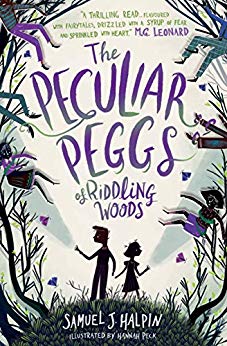
At the beginning of the story, Poppy sees some graffiti on a wall that reads ‘LOOKOUT 4 MUMBLING MARLEY’. She makes a mental note that ‘lookout’, when used as a verb, should be two separate words. How important do you think it is for children to have a sound grasp of word classes and grammatical structures when writing? Is this something we should teach or should we, as teachers, focus more on the creative elements of writing?
I think it’s very important for children to grasp these constructs and grammatical rules in order to understand what makes creative writing creative. Some rules help us to ensure our stories make sense, but by knowing these rules we can play with them, tease them and break them entirely. That’s when the really exciting stuff happens: the wonderful turns of phrase, curious turns of phrase and unusual syntax.
Your love of word play, riddles and anagrams really shines throughout the book. Should children learn more about riddles and anagrams in their English lessons? How might exploring riddles and anagrams help children?
Most definitely! I think riddles encourage critical and creative thinking. A brilliant exercise is to think of an answer and build a riddle backwards – its very helpful for one’s storytelling. Anagrams are also a great way to break words apart to dissect them and see what sounds they are made of.

The beginning of the story reminded me very much of the start of Dahl’s The Witches, with Gran sharing her strange stories about disappearing children with Poppy. Did this book influence your writing at all? What other stories and authors would you say have influenced your writing?
The Witches is a book I read many times as a child, but an awful lot of authors and stories influence my writing. Dickens, Dodie Smith, E. Nesbitt, Harper Lee for tips on style, but fairytales and ghost stories filled my bookshelves. They still do in fact. I like taking inspiration from unsuspecting places.
I loved the relationship between Gran and Poppy. I was actually reading the book and preparing these questions for you last week, when my own Nan suddenly died, so found this aspect of the story particularly moving and touching. I know you’ve dedicated the story to your own ‘indescribably wonderful grandmother’. Can you try and describe your relationship with her? Do you have a special memory of your own grandmother?
I’m so very, very sorry to hear that! And I’m also enormously touched to hear that you found those passages moving on account. My grandmother who passed away just days before I started writing this book was like a swirl of strawberry in a vanilla sundae. She was filled to bursting point with stories, had a knobbly wrist and always smelled wonderful. A special memory for me of her is combing the beaches in Tasmania where I grew up for glistening bits of blue or green glass which had polished soft from the waves.
Gran’s motto is, ‘I’d rather die a delicious death than live a tasteless life’. Do you have a motto in life?
I’m not sophisticated enough to have a motto I’m afraid, but what I would like it to be is the one Mr. Micawber preaches but does not practice in David Copperfield: “Annual income twenty pounds, annual expenditure nineteen pounds nineteen and six, result happiness. Annual income twenty pounds, annual expenditure twenty pounds nought and six, result misery.”
Some of the scenes involving Erasmus and his mother were quite upsetting to read. Were they difficult to write?
They were indeed. You become so attached to your characters as a writer that when misfortune or suffering stalks them you feel desperately responsible.
Poppy loves Agatha Christie books. Did you have any favourite books when you were young? To what extent have mystery and crime books influenced your writing?
I never read a lot of crime as child, but I’ve always been fascinated by mysteries. Particularly the unsolved ones. What is it about us humans that makes us want to dispel myths and find answers for seemingly unanswerable questions? Is it because we fear that which we cannot see?
What does a day in the life of Samuel J. Halpin look like when you’re writing?
If I’m writing all day then I’ll progress from one place to another as the day passes so that by the time it comes to six o’clock I’ve moved from my desk all the way to the lounge and then back to my desk. I like to get up and walk and think when I’m writing. Lunch always comes to late and I often forget to eat breakfast, which is a very bad habit indeed! My favourite time to write (although I haven’t done this in a long while) is about 2AM. My mind really wakes up then.
The book certainly balances a mixture of wit and humour with some terrifyingly dark moments of danger. How important was it to you to strike this balance and how did you go about doing it?
Very important. It was what gets a reader through dark or upsetting passages. Humour binds things which frighten us together and cushions them.
The Peggs delight in being able to describe the flavour of children. Mitsy is described as having a ‘buttery and affectionate swab of textures’ and Erasmus is ‘peppered with the fire of stars’. What might the Peggs have written about you as a child?
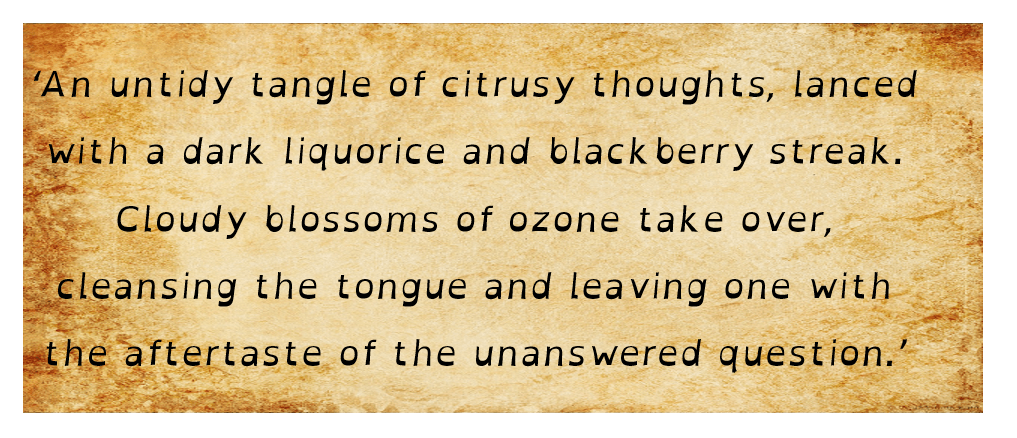
Although this seems FAR too complimentary. It would most probably say:
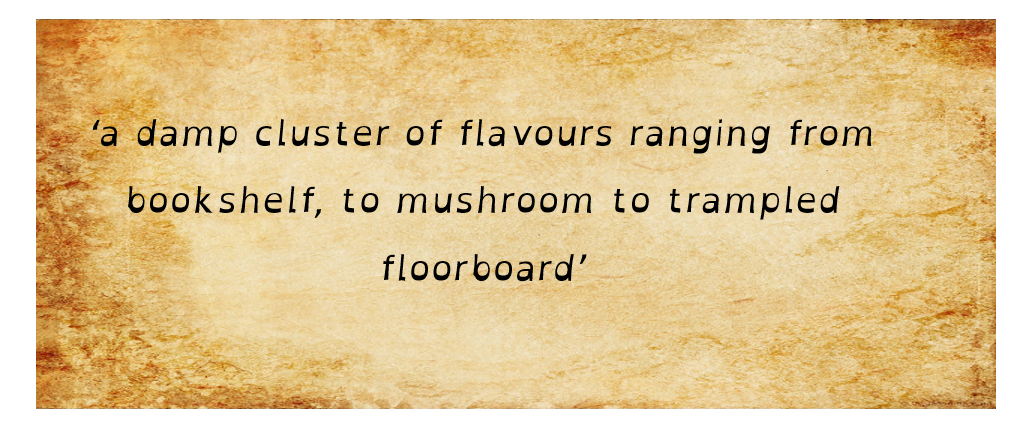 What is it like seeing your characters brought to live by Hannah Peck? What do you feel her illustrations bring to the story?
What is it like seeing your characters brought to live by Hannah Peck? What do you feel her illustrations bring to the story?
Hannah’s illustrations turn the story into a book. The illustrations for me are what thread the chapters together. I’m in love with each and every one of them.
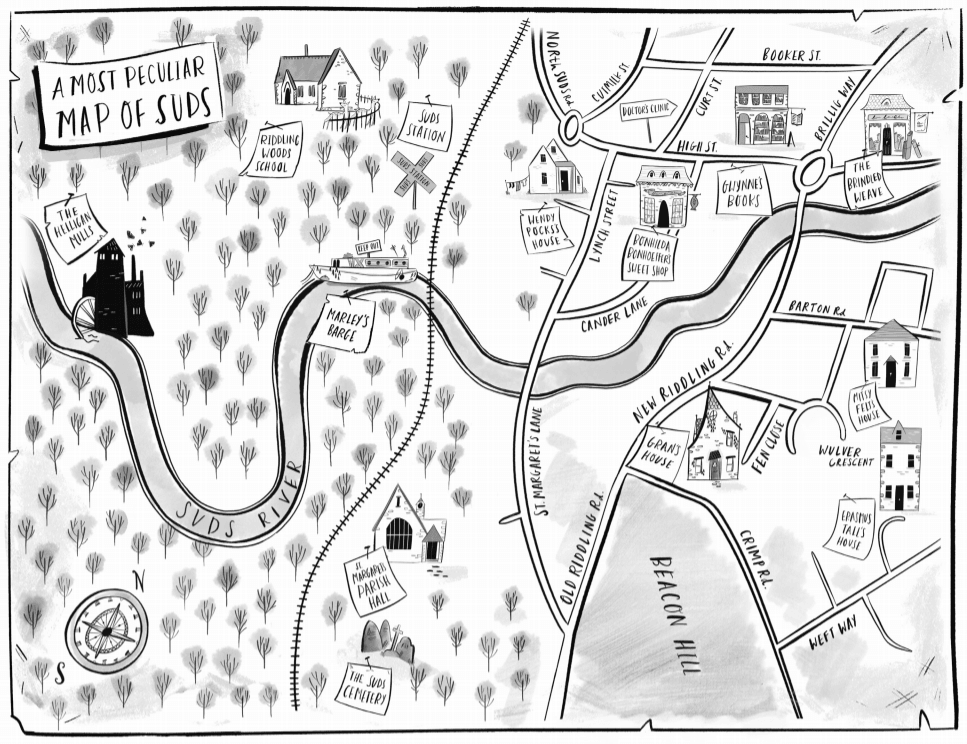
How would you envisage teachers using your book in their classrooms? What age group is it aimed at? Do any activities or ideas spring to mind?
I envisage (with great hope!) that teachers will use the book as a device to explore the tools they are teaching. But most of all I’d hope that it becomes a story to lead children towards other books. The book is aimed for children 8+ – Usborne have put together a whole host of magnificent teaching resources – they’re well worth taking a look at!
I feel like, possibly, the Peggs might return. Do you have any plans for a sequel? What might it involve?
A very, very good question. All I will say is that you never stop telling yourself a story when you write it. Poppy and Erasmus have lived through much more than I’ve ever written down. But who knows? Perhaps I will…
Can you describe The Peculiar Peggs of Riddling Woods in three words?
Mystery. Fear. Courage.
Finally, I was hoping that you could leave our readers a riddle or anagram to solve…
Gill hutch cipher. The answer is three words and the clue is: Porcine Prime Minister.
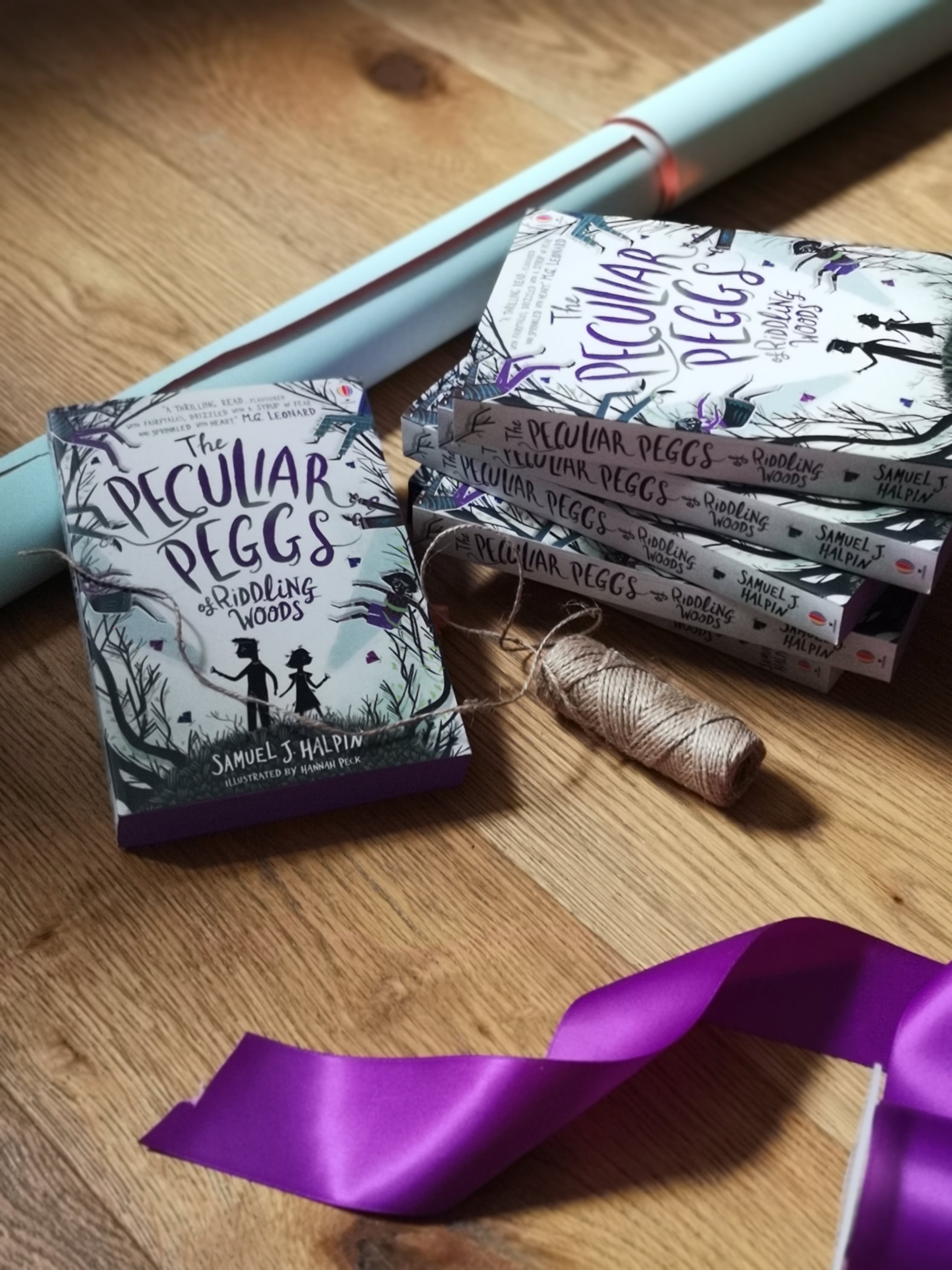
Thank you, Samuel for answering my questions – I thoroughly enjoyed the book, which grabbed me from the very first page!
